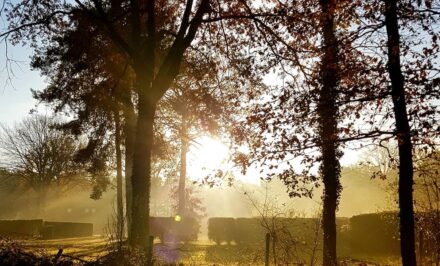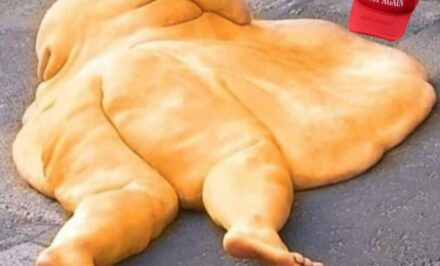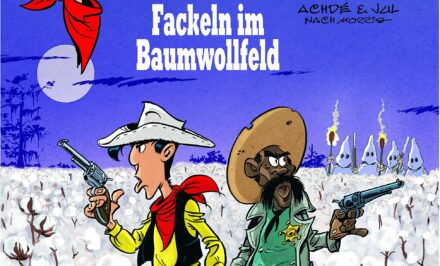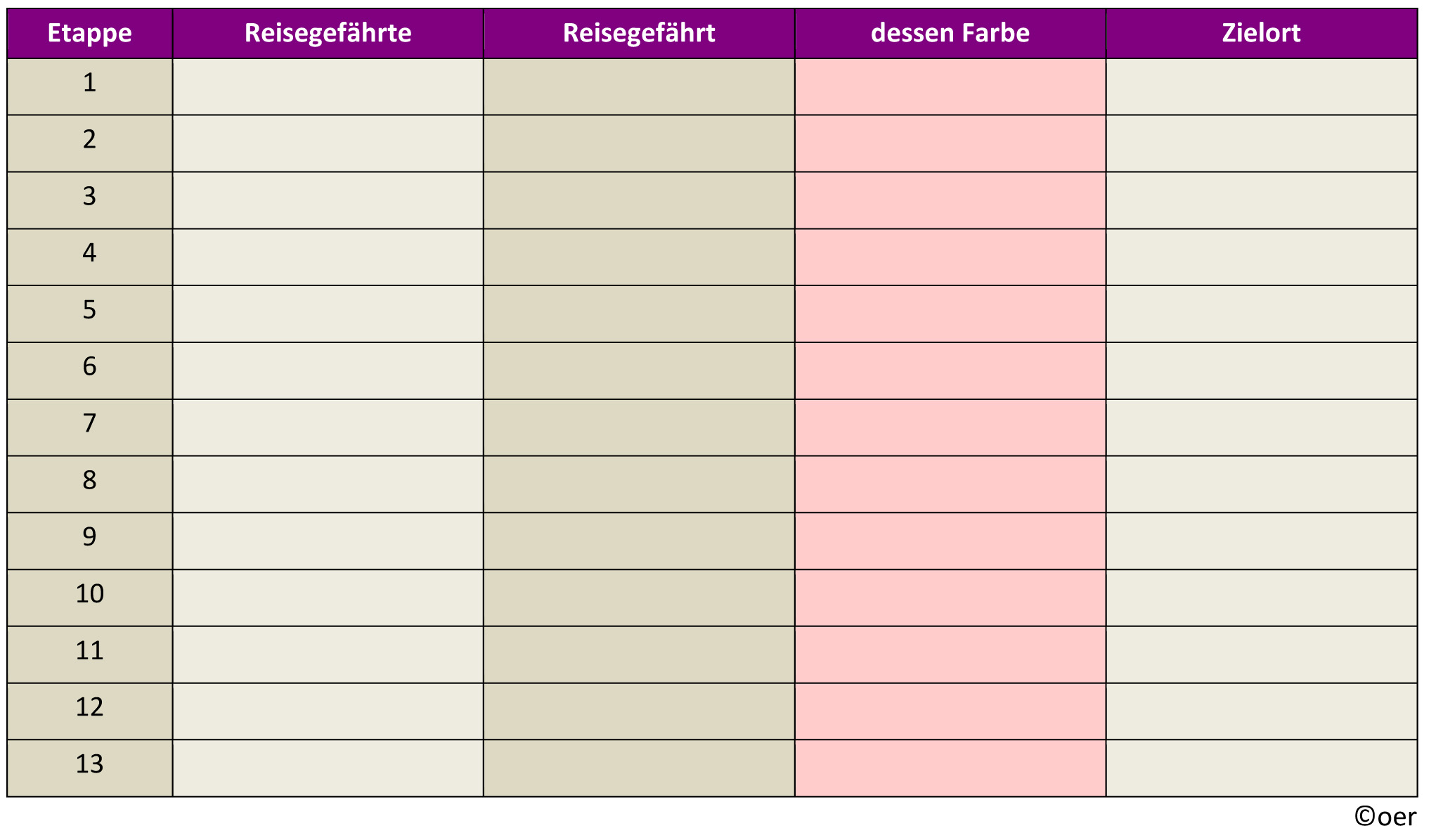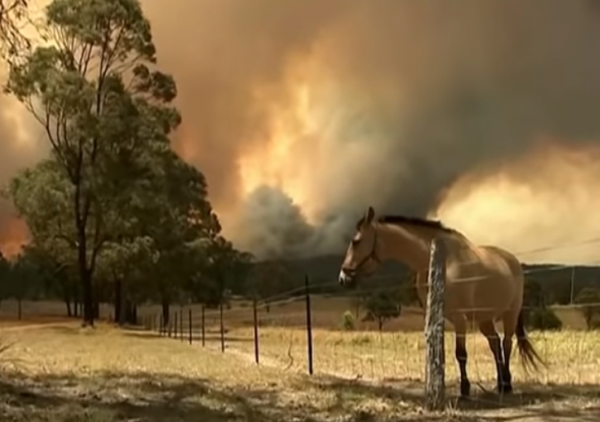
Flaming tragedy
by Alan Carter, Stephen Greenall, David Whish-Wilson
Alan Carter: We could literally not make this shit up…
If Scandi-noir is defined by ice then it comes as no surprise that Oz-noir was born out of fire. Drought and fire are ingrained into Australian literature as they should be for woe-betide anybody who takes this sunburnt country for granted. More recently fire has been an evil and foreboding presence in a number of Australian crime novels, including but not limited to, Peter Temple’s Truth, Jane Harper’s The Dry, and J.P. Pomare’s In the Clearing. My second Cato Kwong novel, Getting Warmer (Des Einen Freud – Edition Nautilus) invokes a Perth summer with the city sweltering and ringed by bushfires which sweep through an outer suburban property revealing a grisly crime.
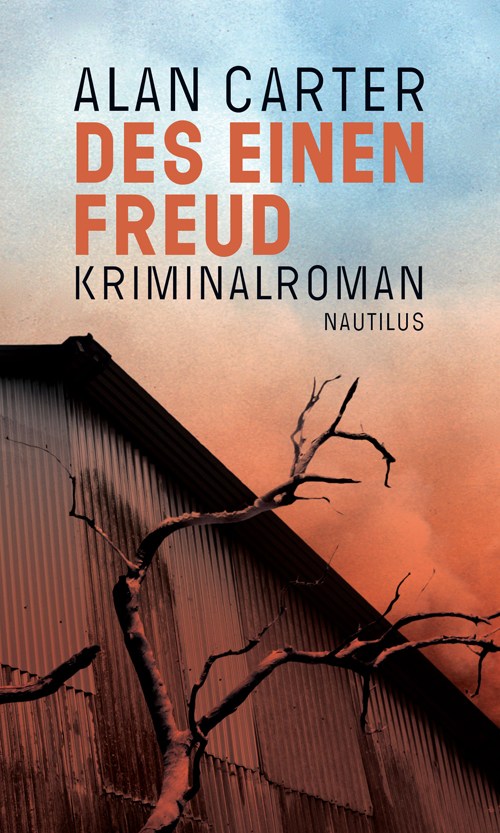
But what to say about this summer’s bushfires which have wreaked havoc on the eastern seaboard of Australia, brought some animal species to the brink of extinction, and cut short dozens of Australian lives? A year ago, our first summer in Tasmania, we got a glimpse of what was to come. A fire started by dry lightning in a national park in the remote and largely inaccessible south-west of Tassie crept to within thirty kilometres of our home. In the path of the prevailing wind we experienced darkness at noon, ash falling like snow on our backyard, and the acrid choking smoky air that made life outside unbearable. This was nothing compared to what would happen the following summer. Apocalyptic visions of this kind are normally reserved for speculative or dystopian science fiction. A future tense. If we, as contemporary crime writers, had dared to imagine such a thing we would be laughed out of the library. You could literally not make this shit up. But here it is now, the new normal.
Fires in crime fiction seem to act in three ways – they deliberately kill, they cover up a killing, or they portend an approaching horror. These Australian bushfires which seem every year to start earlier, last longer, and grow bigger and more vicious should be a warning. That is how the rest of the world reported them. But in Australia they become just another aspect of the crippling culture wars (financed by the fossil fuel companies and propagated by either cynical or stupid flat-earther politicians).
So where do writers fit into all of this? Well we go on making up stories in this mixed-up muddled-up upside down world of anti-truth, anti-science, anti-logic. Like a well-plotted mystery, we know at the beginning who dunnit and how and why. We just need to keep on hoping that the good guys and gals will win through and that good will triumph over evil.
© Alan Carter, February 2020
- Von Alan Carter sind bisher folgende Kriminalromane in deutscher Übersetzung erschienen: Prime Cut. Übersetzt von Sabine Schulte. 368 Seiten. Edition Nautilus 2015. 19,90 Euro. Des einen Freund. Übersetzt von Sabine Schulte. 384 Seiten. Edition Nautilus 2016. 19,90 Euro. Marlborough Man. Übersetzt von Karen Witthuhn. Hrsg. von Thomas Wörtche. Suhrkamp 2019. 383 Seiten. 14,95 Euro.
David Whish-Wilson: The losers are the Australian people and the land …
Australia has always suffered from bushfires, but the Australian bushfire season used to be more clear-cut. During winter, when the rain fell consistently and plentifully, remedial back-burning and other preventative burns could be undertaken to make the summer fuel load less dangerous. However, due to climate change the fire season has grown from a duration of a couple of months to last nearly the whole of the year, particularly in places of drought. This makes it impossible for the fire services to conduct preventative ‘fire management’. What used to burn occasionally as bushfires in February, traditionally the hottest month, can now combust in September, or even August.
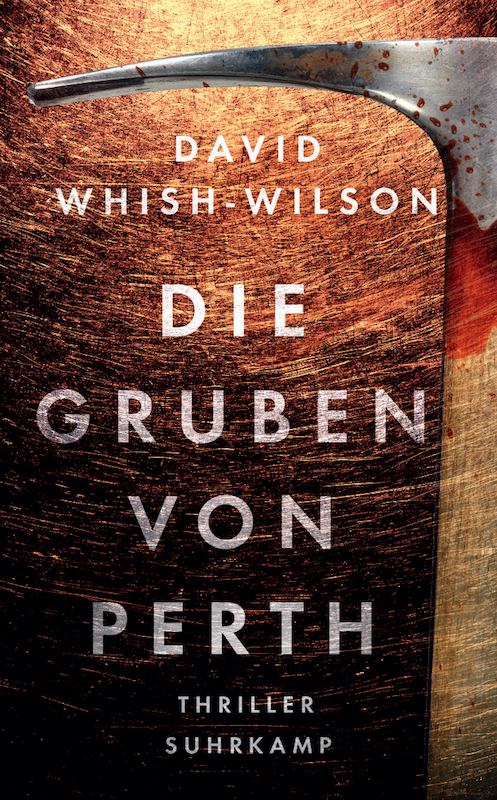
The link between continental drying and climate change is indisputable, according to scientists and fire management experts. Unfortunately, however, this is Australia, and remediating or even believing in climate change is not a bipartisan thing. Climate change, along with other issues such as Aboriginal dispossession, have become embroiled in what is known here as the ‘culture wars.’ That is, figures on the political right see climate change as just another attempt by the ‘left’ to weaken the ‘right’ – they see themselves as fighting back, holding the line against leftist attempts to weaken the economy, or even a perceived national identity.
The facts around climate change presented by scientists and experts are discounted by such figures as politically compromised ‘opinions.’ Climate change, of which bushfires are a symptom, is seen by some influential figures on the right (paradoxically often those whose constituents are most affected by climate change – farmers, irrigators, fishermen et al) as something you either believe in, or not, depending on your religious beliefs or ideological bent. It has become a time consuming and pointless faith-based political battle, where the losers are the Australian people, and the land and its flora and fauna that we should instead be nurturing for future generations.
© David Whish-Wilson, February 2020 – Out from him: „True West“, review soon to appear in CrimeMag.
- Von David Whish-Wilson sind bisher folgende Kriminalromane in deutscher Übersetzung erschienen: Die Ratten von Perth. Übersetzt von Sven Koch. Hrsg. von Thomas Wörtche. Suhrkamp 2017. 297 Seiten. 9,95 Euro. Die Gruben von Perth. Übersetzt von Sven Koch. Hrsg. von Thomas Wörtche. Suhrkamp 2018. 320 Seiten. 9,95 Euro. Der dritte Teil mit Frank Swann erscheint voraussichtlich im August 2020.
Stephen Greenall: The social contract itself is now open to grave question …
Which I did need it to be after trying to absorb the calamity of the fires. I was most depressed and angry while in London, and I regard what’s happened so far this summer as one of the two or three most significant historical Australian events in my lifetime. It was common in the UK to hear the fires described as a tragedy, but this tends to elide their other status – as a crime.
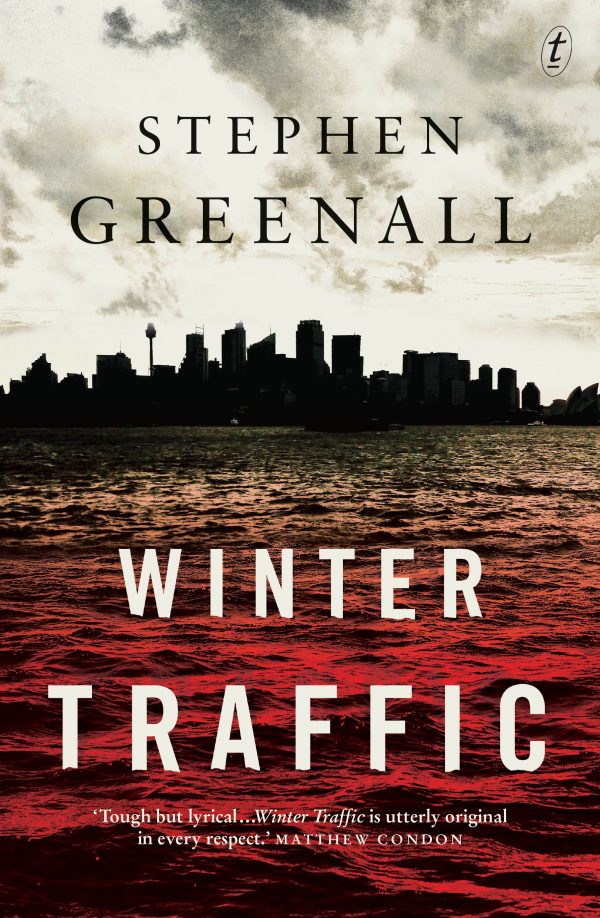
There’s a famous dictum uttered by the writer Donald Horne in the 1960s: “Australia is a lucky country, run by second-rate people who share its luck.” Well, how I long for second-rate people as of now, in 2020: our political class has been throwing up fewer and fewer meritorious individuals for the past couple of decades, and the current crop are nothing short of despicable. I know you are here to enjoy Australia and I desperately want you to, and I urge you to, but as a citizen I’m deeply ashamed that we cannot care for the land, that we refuse to future-proof it with thoughtful investment, that the billionaire class continues to grow in its corrupt influence, that the holders of political office here are not simply for sale but for sale at extremely cheap prices. And the terrible truth is that for all our decent and attractive qualities, Australians have become shockingly apathetic and non-political by world standards (think those brave souls in Hong Kong!), or the standards of the past, and this suits the needs of the mining magnates and right-wing media barons and the crooked MPs very neatly. Plainly the country needs to be fought for, and its writers will doubtless step up, but I think of the nation’s future in very bleak terms if I am honest.
You probably did not expect such a diatribe, but these ideas have been coming through for a while in the Winter Traffic prequel, which I am happy to say I finished while on the train through America at long last. (Another reason to love Amtrak was the peace – no wifi on board – to work unmolested in that blessed observation car, with only the lethal American diet to fear by way of distraction). It’s not easy to be political in fiction, which (if successful) is necessarily a seduction and not a lecture, but I would be very grateful to write something for CulturMag magazine in more overt terms. On the question of writing a scene differently now… I think the fires won’t change my fiction that much, but I hope they make me (and all right-thinking Australians) more politically active. I mean to say, the social contract itself is now open to grave question if the whole point of the nation is merely to exploit and murder the landscape in order to enrich a few dozen (already fabulously wealthy) people at the behest of the servile political midgets who worship them for being rich.
As you may already have divined, many Australians are quite jealous of our neighbours in New Zealand, which is beginning to look like a paradise of progressivism by contrast.
© Stephen Greenall, Februar 2020 – His terrific book „Winter Traffic“ will be published by Suhrkamp later in this year.

